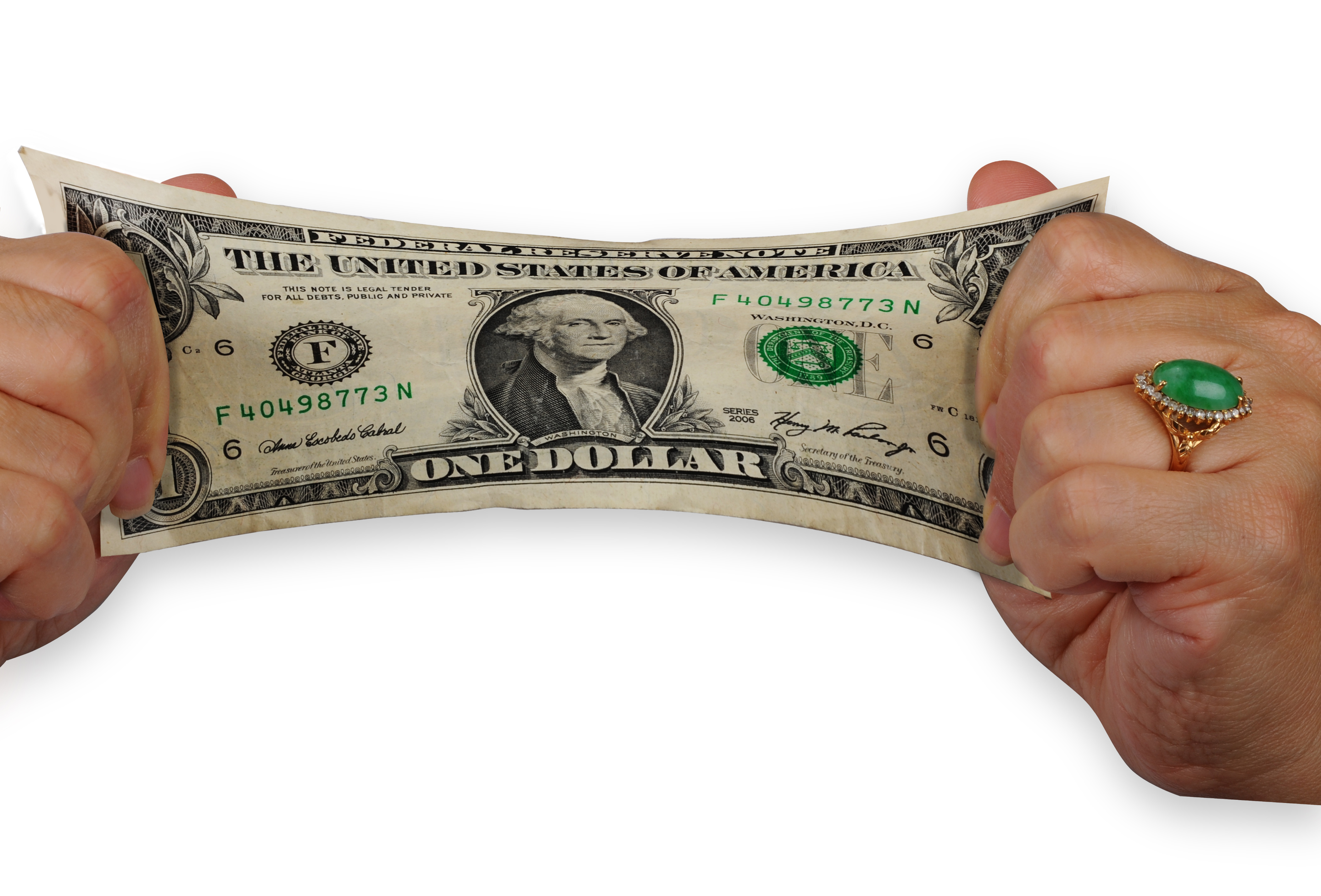 Most of us like to “get a good deal” from our purchases. Whether real estate or fresh produce, you want to pay the price you believe best represents quality and is commensurate with your budget. If buying a new appliance, you will research energy ratings and wait until the Labor Day sales ads begin broadcasting. Keeping an eye out for price reductions on certain items is what smart consumers do.
Most of us like to “get a good deal” from our purchases. Whether real estate or fresh produce, you want to pay the price you believe best represents quality and is commensurate with your budget. If buying a new appliance, you will research energy ratings and wait until the Labor Day sales ads begin broadcasting. Keeping an eye out for price reductions on certain items is what smart consumers do.
But “cheap” can come back to bite you. In that case, inexpensive can translate to poor quality that will just not give you the value you sought. You may actually wind up turning around and having to “re-purchase” an item that didn’t quite last as long as you anticipated.
Take as one example the oft-visited $1 or 99 cent stores. You load your car up with deals; your wallet a mere $15 lighter. But, as the saying goes: You gotta take the good with the bad.
For example, a caveat regarding 99 cent canned and packaged foods – sometimes they are nearing their expiration dates and even in some of these stores, small appliances are not UL rated for safety. So your “wallet-friendly” shopping needs to be well thought out too.
What about items for which you have no future use?
Perhaps you are not an avid fisherman so purchasing an inexpensive Styrofoam cooler for a one-day fishing charter trip would be a good use of your money. If however it is something for which you have passion and get out on the boat with regularity, you will invest in one that will be more expensive, easy to clean, and rugged so it will last for several seasons or even a lifetime. The ends are going to justify those purchases.
Are there items on which you should never skimp?
An interesting article in BusinessInsider.com says “yes!”.
In that writer’s opinion, there are five top items on which you should not pinch pennies: shoes, legal services, dental care, safe transportation, and furniture.
On shoes:
“There are times when it’s perfectly acceptable to pay $5 for a pair of cheap flip-flops (vacation, for example), but most of us rely too much on our feet to treat them badly with an ill-fitting or cheap pair of shoes. Not having the proper fit, dealing with poor support, or finding them to be slippery when wet are just a few problems I’ve had with cheap shoes.”
On dental care:
“In addition to seemingly unrelated complications that can arise from cheaping out on your dental duties, most minor tooth issues can balloon into major dental disasters with a potential to cost you thousands. So, the next time you think that an extra $150 for a cleaning is something you shouldn’t part with, consider the cost of waiting, and how it can affect your quality of life down the road.”
It appears to be common sense not to risk your health, neither financial or physical, on refraining from spending appropriate money on safety, and on items that are made with quality that are built to last.
Being a savvy shopper does not always translate to being a cost-saving one.
The information contained in this article and any other article do not reflect the views of rapid! PayCard®.